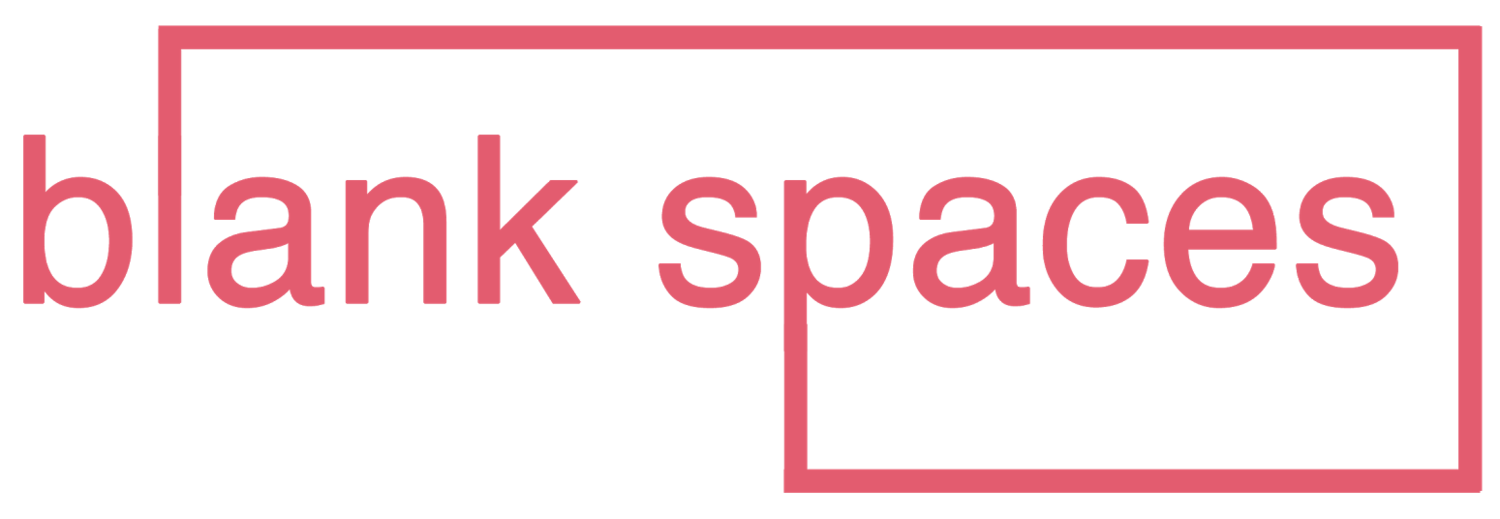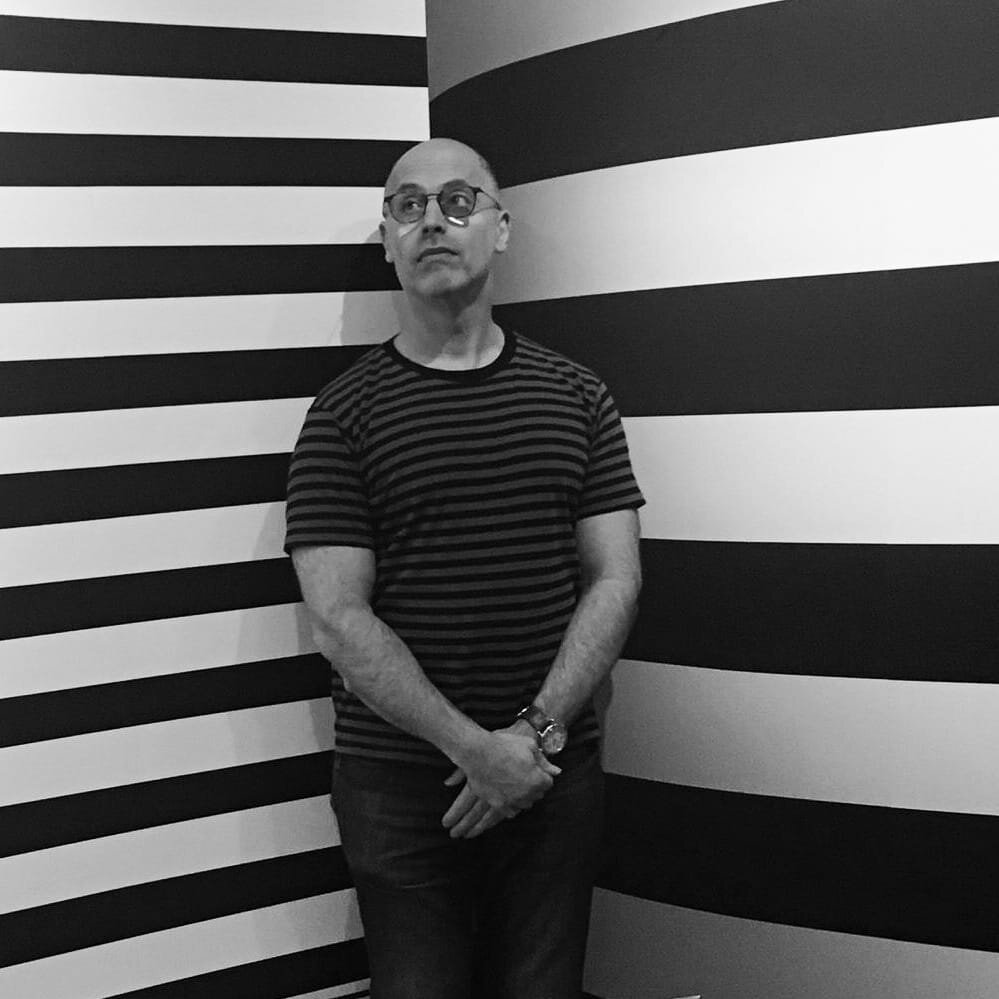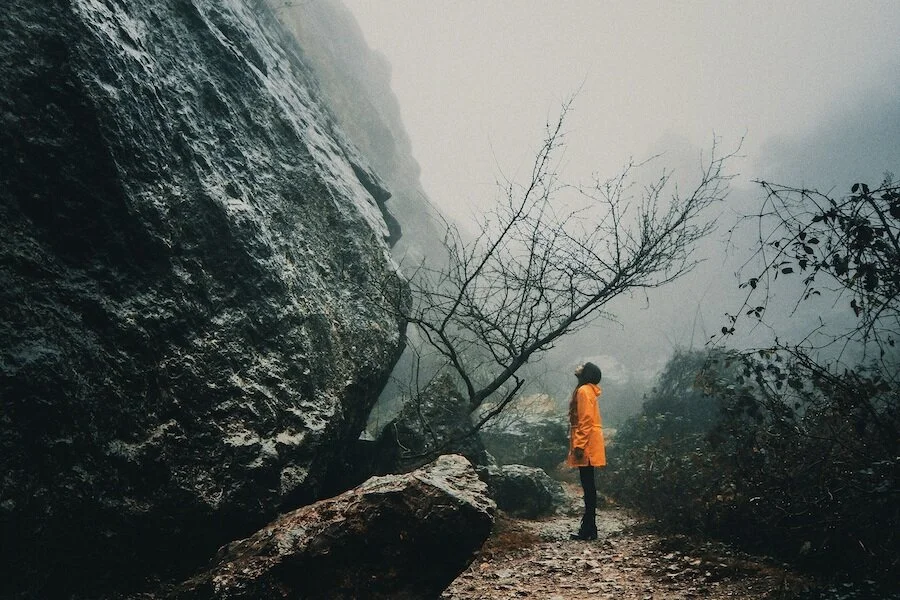"Stone Flowers" by Larry Baer — Our June 2020 Silver Medal Winner
Larry Baer is our second place winner from the contest posted in our June 2020 issue!
What the judges had to say:
“The most intriguing of takes, this story tells more than is offered on the page: it leads us to want more, to delve deeper into the expanse of tale, both backwards and forward. A good story makes us feel satisfied, and also keeps us wanting more. Great job.”
“This story was a surprising twist on the image. I quite enjoyed following along and was left wanting to know more.”
Meet LARRY
L. H. Baer was born and lived in Montreal until moving to Toronto five years ago. A storyteller in childhood and now again in mid-life, he also worked in computing for many years before switching careers to clinical psychology, with a focus on treating psychosis.
Stone Flowers
the unedited story by Larry Baer
I saw her as I rounded a bend in the path. Her orange jacket was a shock of colour in a barren autumn landscape that was sad enough on its own but rendered even more forlorn by a grey mist. She looked so still and calm as she stared upwards. She could have been part of the landscape herself, rooted to the ground, and she made me think of a flower, but one blooming unnaturally late or maybe blooming too early, I wasn’t sure.
No, that’s not right. I didn’t see her. I saw her jacket first, orange, like a beacon, warning or welcoming, I didn’t know which. Only after a moment did I take in the rest of her, her profile, looking upwards, her waist-length black hair and black pants and boots. I think that’s what made me think of a flower, her legs long and skinny like a stem. And maybe she wasn’t waiting patiently at all, maybe she was unable to move, her body no better than stone, her inanimate coat the liveliest part of her, lifeless yet stirring in the slight breeze.
I slowed down as I got closer, her stillness making me nervous. “Hello”
No answer.
“Are you OK?”
Still no answer so I tried again with a louder voice but nothing. It had been so long since I’d seen another person, I wondered if maybe I only thought I was speaking aloud but had really forgotten how to do so. Finally, I was within a few feet of her–I dared not get closer—and once again asked her if she was OK but got nothing, not even a turn of her head or a shift in her gaze. I circled round her, examining her as if I were studying a sculpture in a museum (oh, how I miss museums!), wondering what the artist was trying to convey. All that was missing was the label: “Human. Artist and date unknown. Mixed media.”
I looked up, following her gaze to see if I could figure out what held her so transfixed but could not see beyond the meaningless grey fog. I studied her face from a distance and wondered, was it hope that had made her patiently look upwards, eyes wide open and mouth shut in plaintive yearning, and was it fear that had frozen her body? I grew more nervous and decided to leave her as she was and move on down the path towards the town, as I wanted to get back before nightfall. Besides, what could I do to help her now?
It had been months since I’d been to town. I wasn’t sure if anything had changed but I’d run out of food and had to chance it. As I rounded the next bend in the path, I saw two more people, an elderly couple holding hands, similarly rooted to the ground, unmoving and staring upwards. I hurried past them, quite scared now, and nearly collided with a young man and his dog in the now familiar pose. As I walked further, the path opened onto the valley that held the town and I could see people poking up from the landscape, like a sprawling sculpture garden.
I ran through the town to the grocery store, dodging petrified people and pets as if they were pylons on an obstacle course. As I stood in front of the doors, I shivered, more from a cold dread coursing through me than from the damp air. The store was open but with no staff, as I expected by now. Rushing up and down the aisles, I grabbed what I could carry, stuffing cans and cartons into bags and the knapsack I’d brought. Without cash, expecting to pay electronically, I paused at the exit, unsure what to do. A memory passed through my mind, of slipping chocolates into my pocket as a five year old in a candy store and later eating them in my bedroom in guilt and shame. But I wasn’t even sure anymore if leaving without paying was wrong or, if it was wrong, if it really mattered. My old life of museum visits and paying for groceries and chatting with friends on street corners seemed less real now and maybe it was never quite real, maybe this is what it’s really like, I thought, fear and stillness and uncertainty about everything except the truth, no longer avoidable, that there is nothing special about any of us, it is only that some of us are lucky sometimes. I wasn’t even sure if I was lucky anymore.
On my way into town, I had not come across anyone I knew, which surprised me. Now, retracing my path back out to my cabin, I mostly kept my head down, unsure what I would do if I did see an old friend, cousin, colleague, client, or even my ex standing before me, in yearning or mourning, I still could not tell. I made my way back slowly, laden with bags of food.
Eventually, I reached the spot in the path out of town where I encountered the woman with the orange jacket but she was gone. I recognized the rock formation and the tree jutting out into the path, I knew this was where I had seen her.
I broke into a big smile, the first time I could remember feeling this good since it all began.


